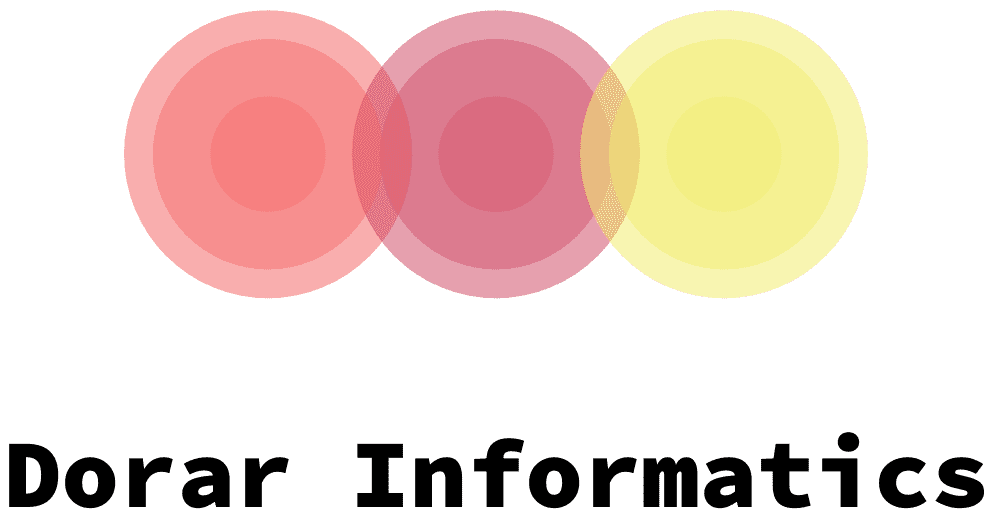Mortgage insurance is a type of insurance that protects lenders and investors in mortgage-backed securities from losses. It is available in a variety of forms, including public and private. Both parties benefit from this insurance. In addition, mortgage insurance can help homeowners avoid facing foreclosure. Although it can be costly to purchase, mortgage insurance is the safest and most secure option for homeowners.
Borrower-paid monthly
Borrower-paid monthly mortgage insurance is a type of mortgage insurance that a borrower pays monthly. The monthly premium is based on a borrower’s credit score and loan-to-value ratio. It is not variable, meaning that the premium does not go down as the loan balance decreases. The borrower must make this monthly payment for two years before the insurance can be dropped.
Borrower-paid monthly mortgage insurance is a good option for borrowers who earn less than $109,000 per year. In addition to making the monthly premium, borrowers can also pay the initial premium for MI when they close on the house. Borrowers may also opt to cancel the insurance at any time, but at a certain loan-to-value ratio, it is subject to lender requirements and the Homeowners Protection Act 1998.
Borrower-paid monthly mortgage insurance is typically higher than lender-paid mortgage insurance. However, it is still possible to purchase a home with less than 20% down if the borrower takes out this type of mortgage insurance. Borrower-paid mortgage insurance will not raise your monthly payment as much as private mortgage insurance does. However, it may increase your mortgage interest rate and monthly payments.
Borrower-paid monthly mortgage insurance is a good option for borrowers who are concerned about the cost of monthly payments. While the monthly premium for this type of insurance is lower than borrower-paid mortgage insurance, the policy will last the entire loan life. It may also be preferable for short-term home owners who do not want to reach the 20% equity mark. It is also a good option for high-income earners, as the monthly premium is usually lower.
Borrower-paid private mortgage insurance
Borrower-paid private mortgage insurance, or BPMI, is a form of mortgage insurance, where the borrower pays the premiums. This insurance is not mandatory and can be cancelled if you’re no longer in a position to make payments on your mortgage. Borrower-paid mortgage insurance is generally required for a loan with less than 20% down, but it can be cancelled earlier if you can meet certain requirements.
The Homeowners Protection Act of 1998 requires the lender to cancel borrower-paid private mortgage insurance when a specified amount of equity is built on the loan. The Selling/Servicing Guide from Freddie Mac sets criteria for when borrowers can request cancellation prior to the automatic cancellation. The Homeowners Protection Act also requires lenders to disclose their cancellation options to borrowers.
Home equity is increasing rapidly. According to CoreLogic, home equity has risen 30 percent year-over-year and on average, a home owner has gained $51,500 in equity. With more equity, lenders are more comfortable lowering their risk, which means a lower cost for mortgage insurance.
Borrower-paid private mortgage insurance is a popular way to protect your lender in case of foreclosure. It is an added expense that many homeowners pay each month as part of their mortgage. The National Association of Realtors reports that the average down payment on a home in 2020 will be thirteen percent. While this down payment is the most common, the actual percentage varies from lender to lender.
Borrower-paid private mortgage insurance is an option for those who can’t afford a larger down payment. However, a larger down payment will lower the monthly mortgage payment, reduce fees, and accelerate the home equity accumulation process. In addition, there are some lenders that advertise “no PMI” home loans. These companies will actually pay for the mortgage insurance. While this isn’t a perfect option for everyone, it’s still an option.
Borrower-paid private mortgage insurance can help you avoid paying a higher mortgage insurance rate and lower monthly payments. However, it can be difficult to cancel a BPMI policy because the lender pays for it upfront. Refinancing to lower your payment may be the only way to reduce your monthly premiums.
Mortgage life insurance
A mortgage life insurance policy is a type of life insurance that protects the outstanding balance on a mortgage loan. If you die before you can pay off your mortgage, your life insurance policy will pay out capital that will pay off your mortgage. This will help protect your family and your home. Mortgage life insurance is an ideal way to ensure you don’t lose your home.
The policy will pay off your mortgage loan when you die, become ill, or become unable to work. This means that your family can stay in your home and pay the property taxes and insurance. Most mortgage life insurance policies also include accident and disability riders. These add on coverage to your mortgage insurance policy that you might not have thought of purchasing.
Mortgage life insurance is different from traditional life insurance policies in that it is term insurance. The coverage amount is set to decrease over the policy term. Term life insurance is less expensive than permanent life insurance policies. A level term policy will provide a pre-agreed lump sum to the beneficiary at the time of death. This type of insurance policy is ideal for borrowers with an interest-only mortgage. It will pay out a lower amount than a decreasing term policy but will last longer.
Mortgage life insurance also helps your family when you die. The proceeds from your policy can be used to pay off your mortgage and any other debts you may have. A larger payout could pay off debts or pay for college tuition. Mortgage life insurance is an excellent way to protect your family’s financial future and ensure that your family will not be left in the lurch.
Mortgage life insurance is important to protect your family from losing their home. If you die unexpectedly, your mortgage will be paid off and your family will be left with enough money to live on. A standard term life insurance policy should have a face value equal to your mortgage. Your beneficiaries can use the death benefit for anything. However, it is important to state that your mortgage is the priority.
Mortgage disability insurance
Mortgage disability insurance is a type of insurance policy that pays out a benefit in the event of your disability. The amount of the benefit will depend on the total amount of the mortgage and the amount of interest owed to your lender. You can get mortgage disability insurance through your lender or from an independent insurance agency. Your lender can provide you with an Insurance Certificate that outlines the benefits and limitations of the policy.
Mortgage disability insurance is available to both borrowers and guarantors. There are some requirements to qualify for this insurance policy, including age and health. You must be at least eighteen years old and under 65 years old, and you should be in good health to qualify. You should also have a job that requires you to work at least 25 hours per week. This is important because if you work outside of the home, you need to be capable of performing the same duties as you do at work.
Mortgage disability insurance is an excellent way to protect your family in the event of your disability. It is often more expensive than other types of insurance, but it can provide valuable insurance coverage if you’re unable to work for a prolonged period of time. It can also be a good choice for people with health issues or who work in high risk occupations.
Mortgage disability insurance is available as a separate policy or as part of a larger mortgage protection insurance policy. Unlike regular disability insurance, which replaces your income when you’re unable to work, mortgage disability insurance only pays for the amount of money necessary to make your mortgage payments. Most people are better served by a long-term disability insurance policy.
The premium for mortgage disability insurance will vary depending on the type of mortgage loan you have and your age and habits. Talk to your bank for details and quotes.




